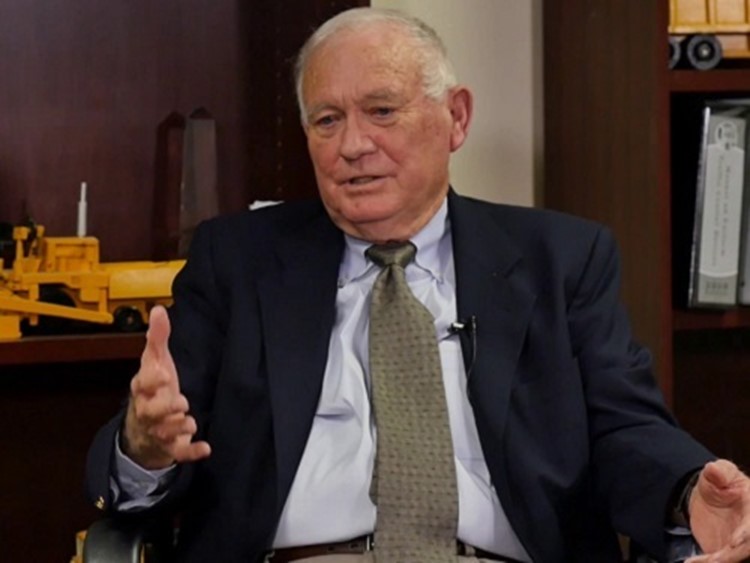Thomas Moreland, a former commissioner for the Georgia Department of Transportation and a former president of the American Association of State Highway and Transportation Officials, recently passed away.

Moreland served for more than three decades with the Georgia DOT in a variety of roles, including soils engineer, state highway engineer, chief engineer, and eventually as commissioner from 1975 to 1987.
He attended North Georgia College for two years, then the Georgia Institute of Technology, where he finished up his bachelor’s degree in civil engineering in 1955 and then later a master’s in civil engineering in 1962. Moreland also served in the U.S. Army for two years, attaining the rank of first lieutenant, and later attained the rank of major in the Georgia National Guard.
According to a statement from the agency, during his tenure as Georgia DOT commissioner, Moreland oversaw “massive projects” including the “Freeing the Freeways” program – which among other achievements ultimately constructed the current iteration of Atlanta’s Downtown Connector – and the reconstruction of the interchange at I-85 and I-285 in northeast Atlanta; an interchange that now bears his name.
After retiring from Georgia DOT, he founded the Moreland Altobelli Associates civil engineering firm. It grew to more than 300 employees before it was acquired by another firm in 2017, changing its name to Atlas.
Moreland served as AASHTO president from 1978 to 1979 and as vice chair of the Transportation Research Board as well. In his farewell address after completing his one-year term as AASHTO’s president in October 1979, Moreland described the work of the transportation industry as providing the “fifth freedom” to all Americans – the freedom of mobility.
“The transportation industry has provided the United States with a mobility not even imagined by other generations,” he said at the time. “We cannot squander our transportation resources. We must maintain, rehabilitate, and improve them, and we must mesh them in such a way that each [transportation] mode is allowed to do what it does best.” Information courtesy of AASHTO.
 TEXTILES.ORG
TEXTILES.ORG


